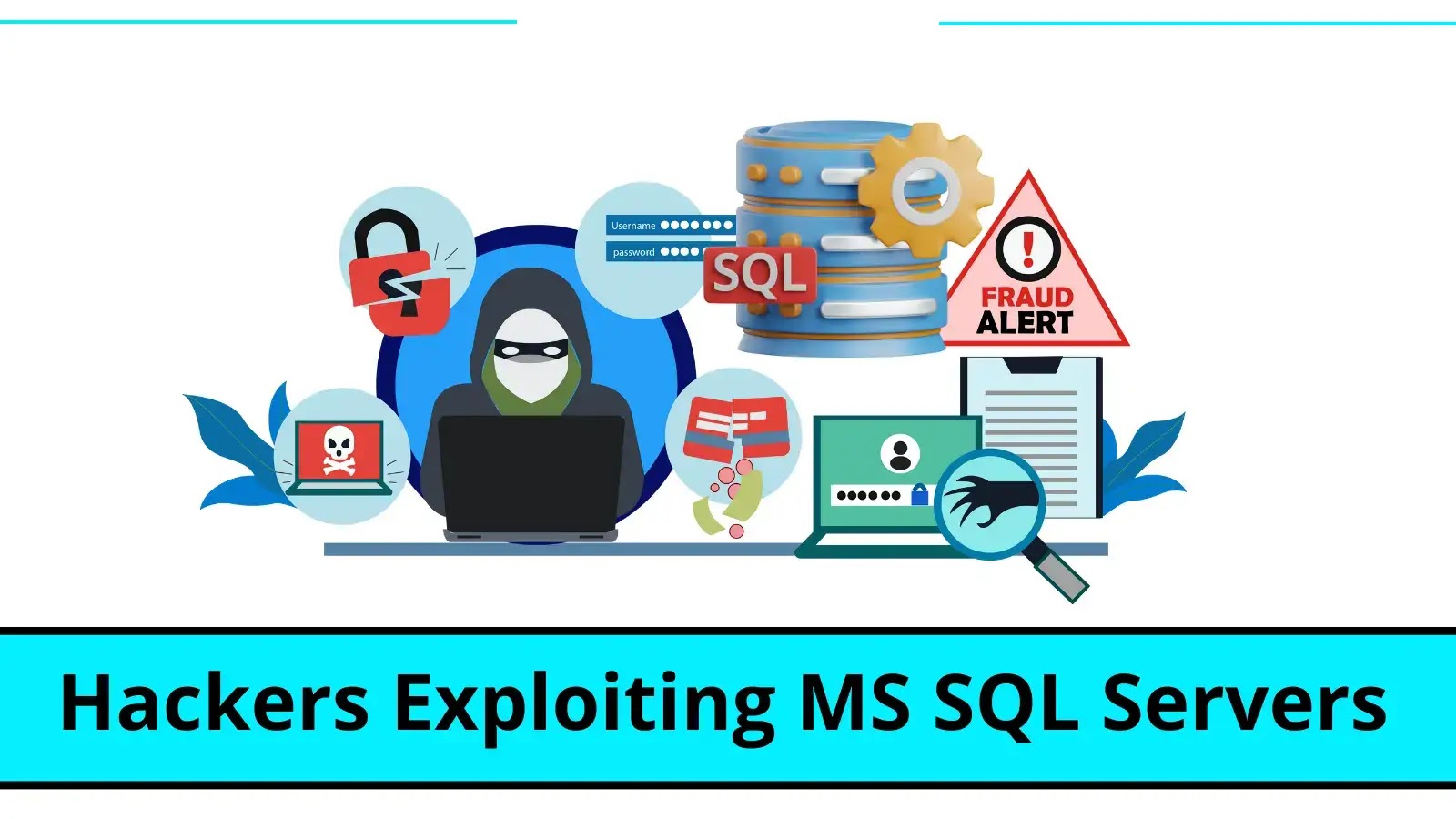Hackers Exploiting Poorly Unsecured MS SQL Servers Across the Globe

An ongoing possibility marketing campaign dubbed RE#TURGENCE has been observed, which entails focusing on MS SQL servers in an are attempting to articulate a MIMIC ransomware payload.
Turkish possibility actors with financial motivations appear to be aiming after the US, EU, and LATAM worldwide locations.
“The analyzed possibility marketing campaign appears to full in for high-tail one of two ways, either the selling of “derive admission to” to the compromised host or the final offer of ransomware payloads” ” the Securonix Threat Be taught personnel shared with Cyber Safety News.
Fastrack Compliance: The Route to ZERO-Vulnerability
Compounding the topic are zero-day vulnerabilities adore the MOVEit SQLi, Zimbra XSS, and 300+ such vulnerabilities that derive chanced on every month. Delays in fixing these vulnerabilities lead to compliance points, these lengthen might well moreover moreover be minimized with a definite feature on AppTrana that helps you to derive “Zero vulnerability document” internal 72 hours.
Specifics of Turkish Hackers Focused on MSSQL Servers
Researchers extinct the xp_cmdshell project to brute force derive admission to to the victim server and build instructions on the host.
This project mustn’t be enabled; it can likely be disabled by default (in particular on publicly uncovered servers).
The promoting campaign’s preliminary derive admission to section is much like that of DB#JAMMER, which equally extinct brute forcing administrative credentials to produce mumble MSSQL derive admission to.
Following their a hit execution of code through the xp_cmdshell formulation, the attackers ran the snarl from the sqlservr.exe project on the server. This snarl helps to attain a PowerShell-encoded snarl, which is then decoded.
The PowerShell script is semi-obfuscated, and many of the code appears to be like to be omitted. It appears to download and creep the next section.
The script is then extensively obfuscated. It turn out to be largely targeted on the DLL imports and the Cobalt Strike payload, which turn out to be made up of ineffective comment blocks and hundreds of traces of combined variables.
With Cobalt Strike serving because the foremost level of code execution, the attackers opted for a more interactive scheme. The attackers mounted and accessed a network piece, from which they downloaded the AnyDesk binaries.
“The possibility actors were ready to transfer laterally into two varied machines on the network, likely the employ of data supplied by Mimikatz and the Superior Port Scanner utility,” researchers existing.
PsExec is a legitimate gadget administration gadget that might attain programs on distant Windows hosts and is extinct for performing lateral wander. When the Mimic ransomware is eventually delivered, the assault chain comes to an dwell.
In January 2023, mimic turn out to be first chanced on and grew to turn out to be popular. Mimic will take away all binaries that were utilized to facilitate the encryption project.
The encryption/rate ogle that turn out to be saved on the victim’s gadget turn out to be accomplished by the.exe project as soon as the encryption operation turn out to be done. The next message turn out to be existing in the text file:
“Within the dwell, MIMIC ransomware turn out to be manually accomplished by the possibility actors and accomplished on the MSSQL server first, a web instruct online controller, and varied area-joined hosts”, researchers said.
Advice
It is continuously most attention-grabbing to manual clear of leaving crucial servers open to the internet. Attackers were ready to brute force their formulation into the server straight remote from open air the predominant network in the RE#TURGENCE verbalize.
Therefore, it’s miles steered that derive admission to to these sources will believe to be made that you might well moreover imagine through a VPN or varied even more stable infrastructure.
Are trying Kelltron’s mark-efficient at no cost to assess and take into accounts the protection posture of digital systems
Source credit : cybersecuritynews.com


